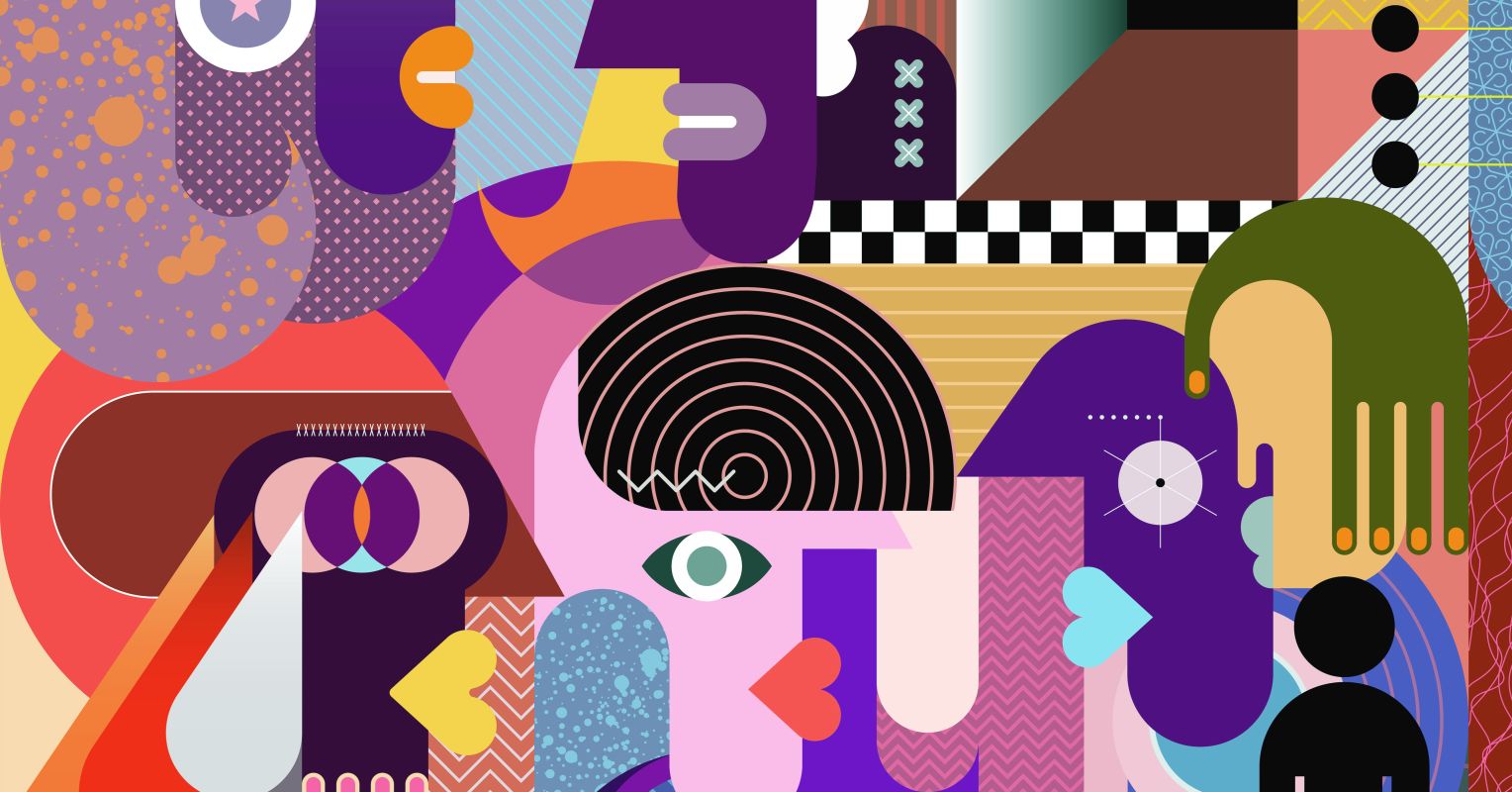
"Sighted people tend to fear blindness as much as or more than other disabling impairments (Enoch et al., 2019; Scott et al., 2016). They view blindness as tragic and assume that blind people are desperate for a cure (Nario-Redmond, 2020). At the onset of sight loss, people experience severe psychological distress (Boagy et al., 2022; Nyman et al., 2012). At that point, virtually all would welcome a treatment that would reverse their sight loss."
"In psychology, "identity" refers to a person's beliefs about how they are similar to and different from others (Brewer, 1991; Erikson, 1968). We demonstrate our similarities by aligning ourselves with people and social groups with beliefs, values, goals, and other attributes that we find attractive. We demonstrate our differences by expressing beliefs, values, traits, goals, etc., that are not shared by these people and groups."
"According to Erik Erikson (1968), identity formation is the primary focus of personality development from early adolescence to early adulthood. Erikson called this focus the "identity crisis." Susan Branje and her colleagues (2021) stated that "adolescents begin to question and explore ... [who] they are and want to be, the roles they want to occupy in adulthood, and their place in society.""
Many sighted people fear blindness and view it as tragic, assuming blind people desire cures. The onset of sight loss commonly triggers severe psychological distress and an initial desire to reverse it. Over time, the collapse of a sighted identity often leads to formation of a new identity that centers blindness. Identity consists of beliefs about similarities and differences with others and is built by aligning with and differentiating from social groups. Identity formation during adolescence involves constructing an autobiographical narrative linking past, present, and future selves. Identity provides purpose, motivates actions, and supports goal setting and perseverance.
Read at Psychology Today
Unable to calculate read time
Collection
[
|
...
]